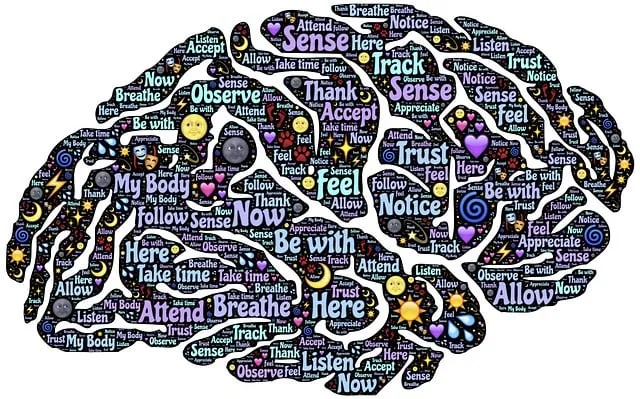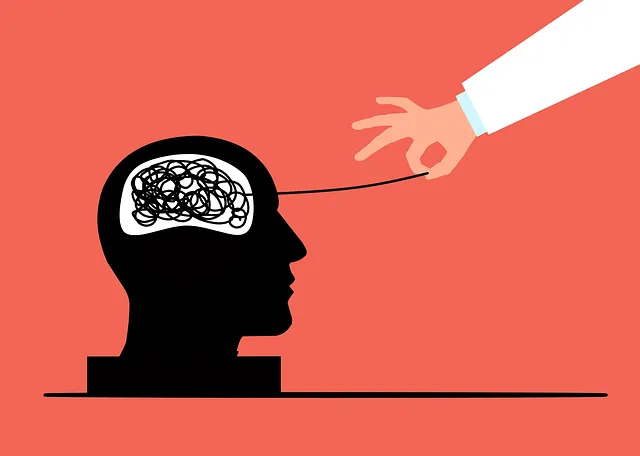In today's diverse healthcare landscape, cultural competency is vital for effective medical care, especially in mental health services provided by Kaiser Permanente Lafayette. Understanding patient diversity, including rural-urban differences and unique identities, requires tailored therapeutic approaches. Kaiser Permanente prioritizes cultural competency training for its professionals through interactive workshops, case studies, and role-playing, fostering empathy and active listening. This comprehensive approach improves service quality, access to Kaiser Permanente mental health jobs in Lafayette, and community well-being by addressing marginalized communities' specific needs, such as mental health awareness and burnout prevention.
Cultural competency training is an essential aspect of modern healthcare, ensuring providers can effectively serve diverse patient populations. This article explores this critical topic, focusing on Kaiser Permanente Lafayette’s commitment to mental health services and its training initiatives. We delve into the significance of cultural sensitivity in medical practice and how strategic training equips healthcare providers with skills to better understand and meet the unique needs of every patient, regardless of their cultural background.
Key topics include understanding cultural competency and its impact on mental health care, with a specific focus on Kaiser Permanente Lafayette’s approach.
- Understanding Cultural Competency in Healthcare: A Necessity for Modern Medical Practice
- Kaiser Permanente Lafayette and Its Commitment to Mental Health Services
- Training Strategies: Equipping Healthcare Providers with Cultural Sensitivity Skills
Understanding Cultural Competency in Healthcare: A Necessity for Modern Medical Practice

In today’s diverse and interconnected world, cultural competency in healthcare has become a necessity rather than a luxury. Understanding and respecting cultural differences among patients is crucial for providing effective medical care. This concept involves recognizing and appreciating diverse cultural backgrounds, beliefs, values, and behaviors to ensure patient-centered care. For instance, a patient from a rural community with limited access to mental health services might approach therapy differently than an individual from an urban setting, where such resources are more readily available. Healthcare providers, especially those in organizations like Kaiser Permanente seeking to fill mental health jobs in Lafayette, must be equipped to navigate these nuances.
Cultural competency training equips healthcare professionals with the skills to communicate sensitively, avoid unconscious biases, and deliver tailored care that respects individuals’ cultural identities. This is particularly vital in communities where public awareness campaigns on mental health are gaining traction, coupled with ongoing efforts in Mental Health Policy Analysis and Advocacy. By fostering a culturally competent environment, healthcare systems can improve patient outcomes, enhance trust, and ensure crisis intervention strategies are sensitive to the unique needs of diverse populations.
Kaiser Permanente Lafayette and Its Commitment to Mental Health Services

Kaiser Permanente Lafayette stands as a beacon of hope for mental health services, dedicated to providing comprehensive care and fostering cultural competency within its workforce. This commitment is reflected in their diverse range of programs designed to support both employees and the community. The organization offers cutting-edge mental health education programs tailored to address the unique challenges faced by different cultural groups, ensuring that everyone receives respectful, sensitive, and effective treatment.
Their approach extends beyond knowledge sharing; they prioritize communication strategies that promote active listening and empathy building. By integrating these skills into everyday interactions, Kaiser Permanente Lafayette aims to create a supportive environment where individuals from all backgrounds feel understood and valued. Through such initiatives, the healthcare provider not only enhances its services but also contributes to breaking down barriers in access to mental health jobs Lafayette and promoting overall community well-being.
Training Strategies: Equipping Healthcare Providers with Cultural Sensitivity Skills

Effective cultural competency training for healthcare providers involves strategic approaches that go beyond surface-level understanding. At Kaiser Permanente mental health jobs in Lafayette, for instance, programs are designed to equip professionals with the skills to navigate complex cultural landscapes. These strategies often include interactive workshops, case studies, and role-playing scenarios that mimic real-life patient interactions. By immersing providers in diverse cultural contexts, they gain a deeper appreciation for unconscious biases and learn how to adapt their communication styles accordingly.
One key aspect of this training is fostering open discussions about sensitive topics related to mental health awareness and stress management. Through these conversations, healthcare workers can better comprehend the impact of systemic issues like burnout prevention on marginalized communities. Incorporating diverse perspectives into the learning process not only enhances cultural sensitivity but also strengthens the overall quality of care provided, ensuring that every patient receives support tailored to their unique background and needs.
Cultural competency training is a game-changer in modern healthcare, especially for organizations like Kaiser Permanente Lafayette that prioritize mental health services. By equipping providers with skills to navigate diverse patient backgrounds, these programs ensure equitable care. In the competitive job market for Kaiser Permanente mental health roles in Lafayette, demonstrating cultural sensitivity can set candidates apart and contribute to fostering inclusive communities within the healthcare setting.






